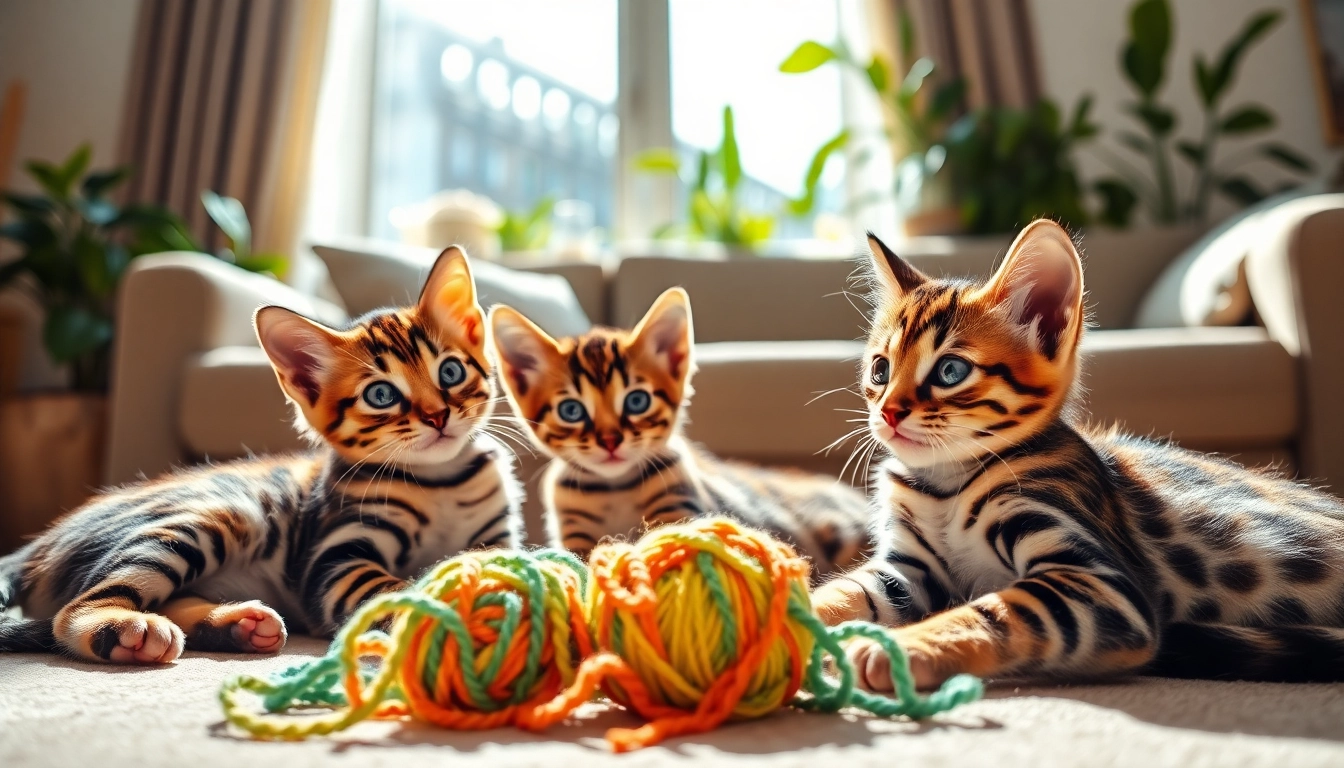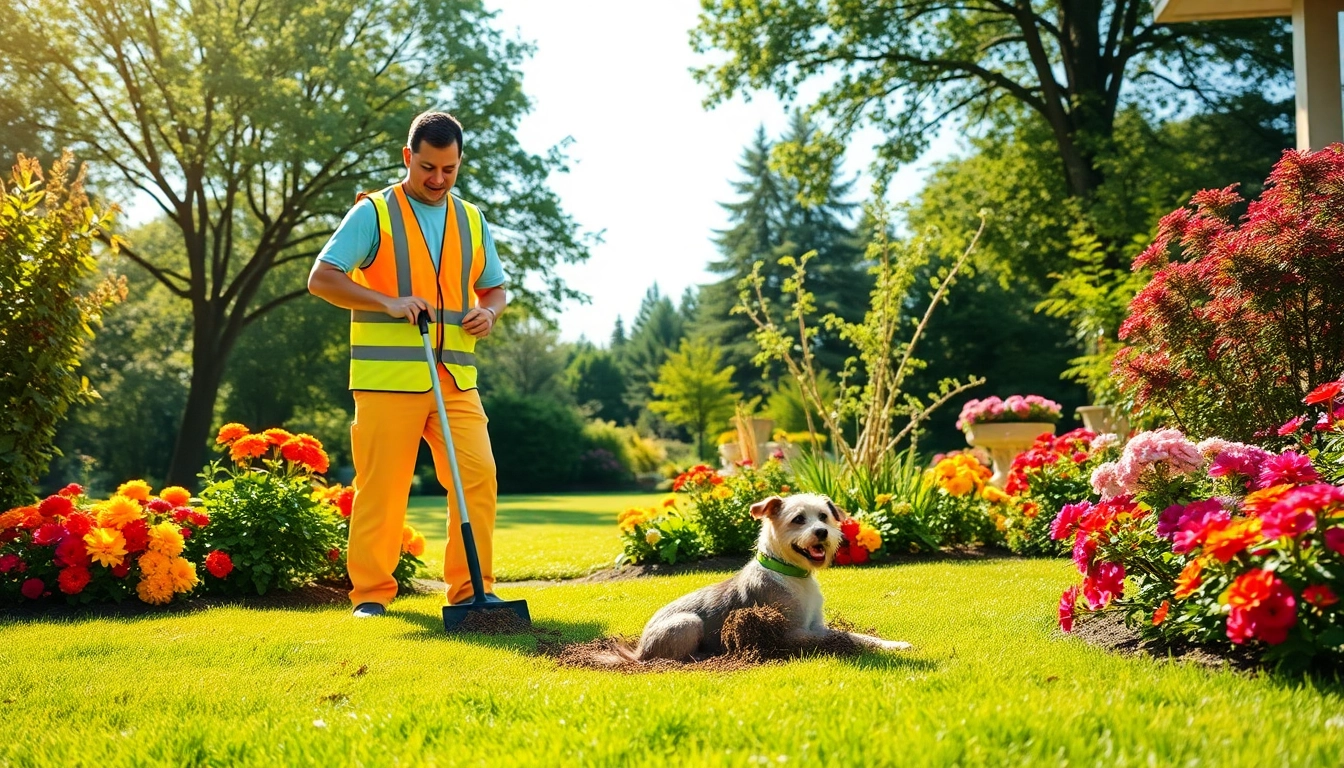Understanding the Bengal Breed
Origins and Characteristics
The Bengal breed is a captivating combination of domestic cats and the wild look of the Asian leopard cat. This unique lineage began in the 1960s when breeders sought to create a domestic cat with the vivid markings of its wild counterpart while retaining a friendly demeanor. The original goal was to produce a breed primarily known for its striking aesthetics, but through selective breeding, Bengals have also developed notable characteristics in temper and health.
Bengals are recognized for their energetic nature, intelligence, and playful antics. They thrive on engagement and companionship, making them a delightful addition to active households. Their appearance is unmistakable, featuring bold rosettes, vivid spots, and marbling reminiscent of wild leopards, contributing to their exotic appeal.
Physical Traits of Bengals
Bengal cats are medium to large in size, with a muscular build that exhibits both strength and grace. One of the most distinguishing features is their coat. Bengals have a soft, luxurious coat that feels plush to the touch, and it may possess patterns such as spotted, marbled, or even “snow” variations. The fur is short to medium-length, dense, and often characterized by a glittering quality—a factor that adds to their visual allure.
Other notable physical traits include:
- Eyes: Bengals have large, almond-shaped eyes that come in colors such as green, gold, and blue, adding to their expressive appearance.
- Ears: Their ears are medium-sized and rounded at the tips, enhancing their alert look.
- Body Structure: A balanced and athletic frame with long legs and a thick tail complements their stunning coat.
Temperament and Behavior
Bengal cats are known for their vibrant personalities. They are highly active, which means they require a stimulating environment to thrive. Bengals enjoy climbing, exploring, and playing, often resembling their wild ancestors in their behaviour. Social interaction is paramount; they are not solitary creatures and can become bored or anxious if left alone for too long.
Training Bengals is generally a rewarding experience due to their intelligence. They are quick learners and can be taught a variety of tricks and commands similar to dogs. Early socialization and consistent training play key roles in shaping a Bengal’s temperament, making it essential for new owners to invest time into these aspects during the early days of having a new kitten.
Choosing a Bengal Breeder in Orange County
Factors to Consider When Selecting a Breeder
Finding the right breeder in Orange County is crucial for acquiring a healthy, well-bred Bengal kitten. Consider the following factors when searching for reputable Bengal breeders in Orange County:
- Registration: Check if the breeder is registered with recognized organizations such as TICA (The International Cat Association) or CFA (Cat Fanciers’ Association). Registration indicates a commitment to breeding standards and ethics.
- Health Testing: Reputable breeders conduct health tests on their breeding cats, providing results for genetic conditions common to the breed, such as Hypertrophic Cardiomyopathy (HCM).
- Breeder’s Experience: Experienced breeders understand the breed’s needs and can provide guidance on care and behavior. They should be knowledgeable and approachable.
- Living Conditions: The environment where the kittens are raised should be clean, safe, and loving. Visit the cattery if possible to assess conditions.
Important Questions to Ask
If you’re considering adopting a kitten from a breeder, it’s vital to ask the following questions to ensure you are making an informed choice:
- What health screening has been done on the parent cats?
- Can you provide the pedigree of the parents?
- What socialization efforts have been made with the kittens?
- What is the policy for returning the cat if necessary?
- Are the kittens up-to-date on vaccinations and deworming?
Reputable Breeder Listings and Resources
If you’re looking for trusted breeders in the area, resources such as the Bengal Breeders Orange County website can provide invaluable information and listings. Online forums and local Bengal cat clubs can offer insights into breeders and their reputations based on real owner experiences. Engaging with fellow Bengal enthusiasts can also yield personal recommendations and support as you search for the perfect addition to your family.
What to Expect When Adopting a Bengal Kitten
Initial Costs and Ongoing Care
Adopting a Bengal kitten involves several costs you should be prepared for:
- Purchase Price: Bengal kittens can range from $1,000 to over $3,000, depending on lineage, breeder reputation, and quality.
- Initial Veterinary Care: You should expect additional costs for vaccinations, spaying/neutering, and initial check-ups.
- Supplies: Essential supplies like food, toys, scratching posts, litter boxes, and bedding can add to your upfront costs.
- Ongoing Expenses: Consider ongoing costs such as premium food, routine vet visits, grooming, and pet insurance.
Socialization and Training Tips
Socializing your Bengal kitten from an early age is essential for a well-adjusted adult cat. Here are effective strategies to socialize and train your new family member:
- Positive Reinforcement: Use treats and praise to reward good behavior, making training sessions enjoyable.
- Regular Interaction: Engage daily with your kitten through play, which helps them develop trust and become comfortable with various stimuli.
- Expose to Different Environments: Gradually introduce your kitten to different people and situations to foster adaptability.
- Interactive Toys: Use toys that stimulate a Bengal’s hunting instincts, such as feather wands or laser pointers.
Health Considerations for Bengals
Bengal cats possess a unique genetic makeup, which makes them susceptible to specific health issues. Being aware of these conditions can help you manage their health proactively:
- Hypertrophic Cardiomyopathy (HCM): A significant concern in Bengals, routine cardiovascular checks are essential to detect this heart disease early.
- Progressive Retinal Atrophy (PRA): This genetic condition affects vision, and breeders should be able to provide health clearances.
- Gastrointestinal Issues: Bengals can be prone to food sensitivities or allergies. A high-quality, protein-based diet tailored to their needs is crucial.
- Regular Vet Visits: Annual visits to the veterinarian for health screenings can help catch any health concerns early.
Creating a Perfect Home for Your Bengal
Essential Supplies and Space Requirements
Creating a welcoming and stimulating environment for your Bengal is vital for their health and happiness. Invest in the following supplies:
- Cat Furniture: High-quality scratching posts, climbing trees, and cozy spots for napping can provide both mental and physical stimulation.
- Toys: Interactive toys that allow you to play with your cat are essential for bonding and physical activity.
- Litter Box: Ensure you have at least one litter box per cat, plus one extra, located in a quiet, accessible area.
- Feeding Supplies: Use high-quality cat food and fresh water dishes, preferably stainless steel to promote hygiene.
Interactive Play and Mental Stimulation
To prevent boredom and related behavioral issues, incorporating regular playtime into your daily routine is necessary:
- Scheduled Playtime: Dedicate time each day to engage actively with your Bengal. This helps burn off excess energy and strengthens the human-animal bond.
- Puzzle Feeders: These feeders challenge your Bengal mentally while slowing down their eating pace, mimicking the hunting experience.
- Varied Activities: Rotate toys and introduce new ones regularly to keep your Bengal interested and entertained.
Establishing Routines for Happy Bengals
Bengals thrive on routine. Establishing daily habits helps them feel secure and content. Here are some tips:
- Consistent Feeding Times: Feed your cat at the same times daily to create predictability.
- Regular Grooming: Incorporate brushing into your routine to keep their coat healthy and maintain a bond between you and your cat.
- Defined Playtime: Establish specific times for play sessions, encouraging anticipation and excitement.
Connecting with the Bengal Community in Orange County
Local Bengal Events and Meetups
Becoming part of the Bengal community in Orange County can enrich your experience as a Bengal owner. Local events and meetups provide great opportunities to meet other Bengal enthusiasts, share experiences, and learn more about the breed. Look for:
- Cat shows featuring Bengal-specific categories.
- Local rescue organizations that host fundraising events.
- Workshops focusing on Bengal care, training, and health management.
Online Forums and Support Groups
Online communities offer an invaluable platform for Bengal owners to connect. Many forums and social media groups focus specifically on Bengals. Engaging in these platforms allows you to:
- Discuss health concerns and best practices.
- Share tips for training and socialization.
- Exchange stories about your Bengal’s unique quirks and behavior.
Sharing Your Bengal Journey
Documenting your journey with your Bengal cat can be a fulfilling experience. Consider creating a blog or utilizing social media platforms to:
- Share photos and updates on your Bengal’s progress.
- Provide tips based on personal experiences.
- Connect with other breeders and owners to form meaningful friendships.



